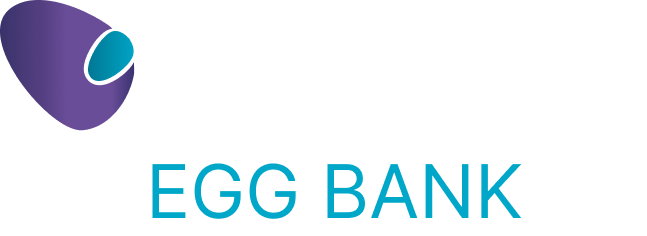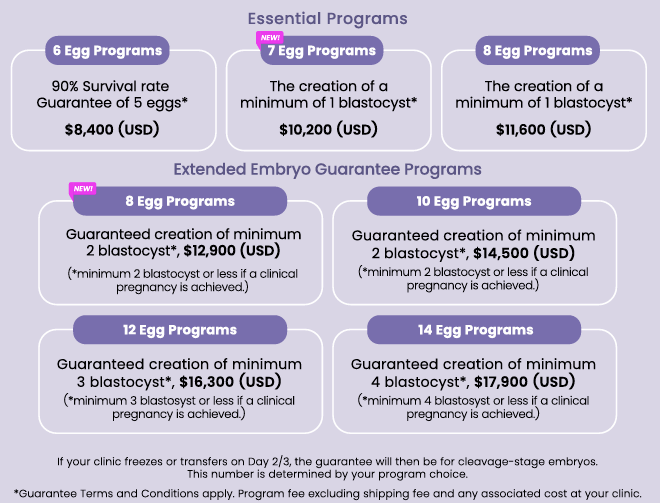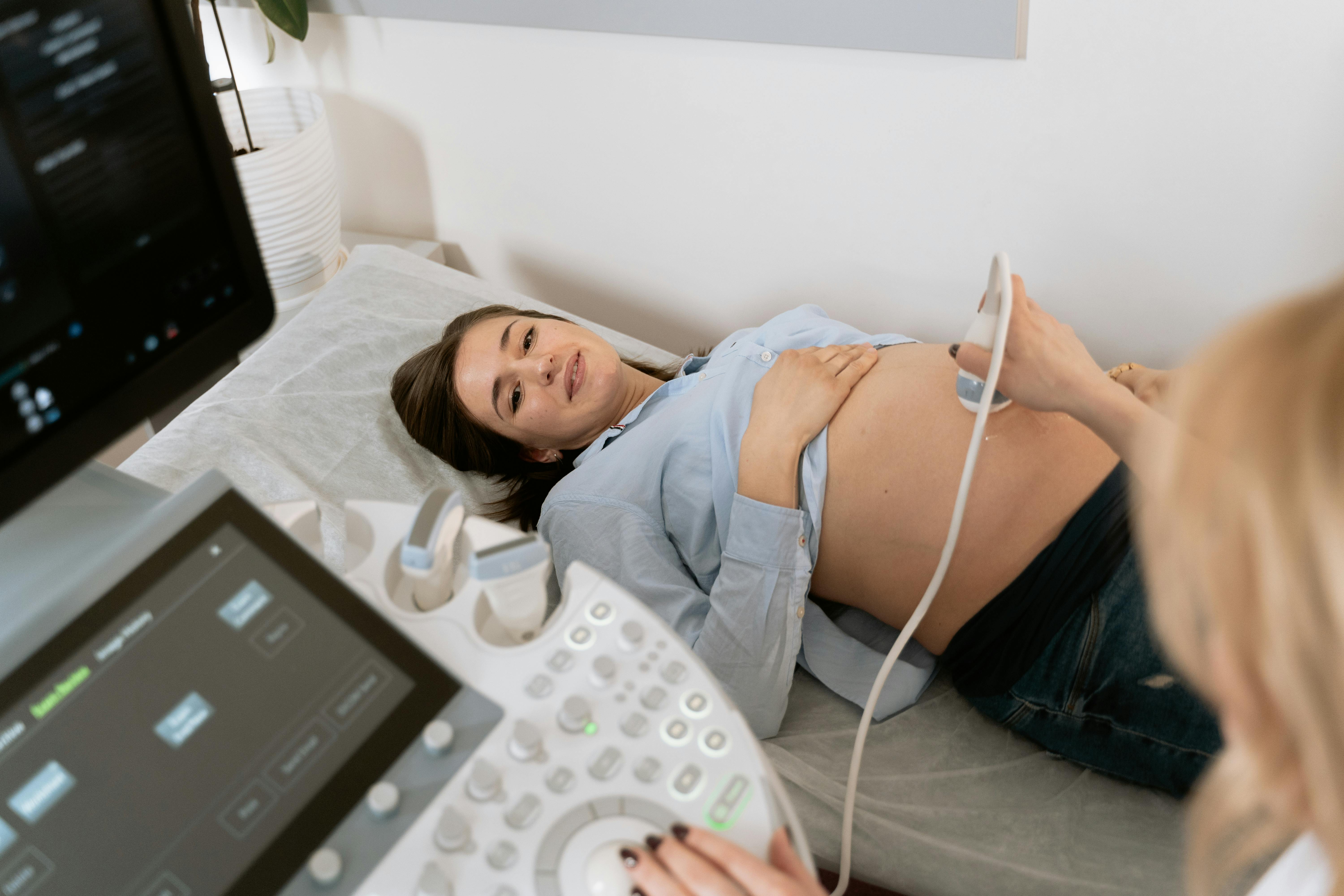When it comes to fertility, the quality of a woman’s eggs plays an important role. Are you facing challenges on your journey to parenthood? Understanding your egg quality could be the key to making informed decisions about your treatment options.
In this blog, we’ll explore why egg quality matters, identify signs of good and poor egg quality, discuss common causes, and suggest effective ways to improve it. We’ll also highlight why using donor eggs may be the best option for you.
What Does Egg Quality Mean?
Egg quality refers to an egg’s genetic health. A good-quality, ‘normal’ egg is described as euploid and has 23 chromosomes, which is crucial for a healthy embryo. Conversely, an abnormal egg is termed aneuploid.
When a normal egg meets a normal sperm, the resulting embryo has 46 chromosomes—the perfect amount for a successful pregnancy.
The quality of a woman’s eggs is a major factor in her fertility and affects her chances of having a baby. High-quality eggs are more likely to develop into embryos that implant in the uterus and lead to a healthy pregnancy.
An egg with chromosomal defects cannot be fertilised properly. Even if it is, it might lead to an abnormal embryo, which can result in a miscarriage or an unhealthy baby.
4 Signs of High-Quality Eggs
- Balanced hormone levels.
- A regular cycle with normal flow.
- Variations in baseline temperature and changes in cervical fluid.
- A healthy egg with 23 chromosomes.
6 Signs of Poor-Quality Eggs
- Irregular or inconsistent menstrual cycles.
- Eggs with fewer or more than 23 chromosomes.
- Frequent miscarriages.
- Low Follicle-Stimulating Hormone (FSH) levels – a hormone responsible for the growth of ovarian follicles.
- Low Oestrogen levels.
- Reduced Anti-Mullerian Hormone (AMH) levels, which aids in egg development and maturation.
What Causes Poor Egg Quality?
7 factors can contribute to poor egg quality, including:
Endometriosis
This condition can release substances that hinder egg development.
Polycystic Ovary Syndrome (PCOS)
A hormonal imbalance common among women that can impact egg quality.
Hyperprolactinemia
Women who suffer from Hyperprolactinemia have higher prolactin levels that interfere with ovulation.
Lifestyle factors
Tobacco, alcohol, and a nutrient-poor diet increase oxidative stress and accelerate cell ageing.
Obesity
Obesity can cause the body to produce high levels of triglycerides, glucose, and insulin. These in the follicular environment can lead to poor egg quality.
Health conditions and treatments
Chemotherapy, radiation therapy, and autoimmune diseases can also affect egg quality.
Does Age Affect Egg Quality?
As women age, the quality of their eggs tends to decline. This happens because the number of aneuploid eggs increases with age.
If an aneuploid egg is fertilised, it often results in an embryo that either fails to implant in the uterus or leads to a miscarriage. In some cases, these embryos can cause chromosomal disorders like Down syndrome. Here’s how egg quality changes with age:
- At 30, about 70% of a woman’s eggs are chromosomally normal.
- By 35, this percentage drops to around 60%.
- By age 40, only about 35% of a woman’s eggs are chromosomally normal.
Research shows that women who use their own eggs for in vitro fertilisation (IVF) see a significant drop in success rates as they age. However, using donor eggs from a younger woman keeps the pregnancy rates across all age groups at around 51%.
The age of the egg is what matters most when it comes to fertility. While there are some increased risks associated with pregnancy at an older age, such as gestational diabetes and preeclampsia, the key to a healthy pregnancy is having a young, healthy egg.
Tests to Determine Egg Quality
Follicle Stimulating Hormone (FSH)
This test involves taking a blood sample on the third day of your menstrual cycle to measure your FSH levels. High levels can indicate lower egg quality, as your body is working harder to produce FSH.
Estradiol (E2)
The E2 test measures estradiol levels in your blood, which rise as an ovarian follicle grows. Ideally, early-cycle estradiol levels should be below 50 pg/ml. Higher levels can suggest potential issues with egg quality.
Anti-Mullerian Hormone (AMH)
The AMH test measures AMH levels in your blood, produced by granulosa cells in developing eggs. This test estimates the total number of eggs remaining in the ovaries and your overall egg reserve.
Transvaginal ultrasound
During this procedure, typically done between the third and twelfth day of your cycle, a healthcare professional counts the number of small antral follicles in your ovaries. A lower follicle count can indicate potential issues with egg quality and quantity.
How to Improve Egg Quality
Eat a healthy diet
Your diet has a big impact on egg quality. Eat plenty of fruits, vegetables, and nutrient-dense foods. Avoid processed foods, sugar, and high-fat foods. Vitamins like A and E, fish oil, and melatonin can also help improve egg quality.
Read: What to eat when you’re trying to get pregnant
Maintain a healthy weight
Keeping a healthy weight helps with correct hormone production. Being overweight can lower egg quality due to increased oxidative stress. Aim for a normal BMI to support egg health.
Ensure a good blood flow
Good blood flow to the ovaries is essential. Stay hydrated by drinking six to eight glasses of water daily. Regular exercise and sometimes massage therapy can boost circulation, ensuring oxygen-rich blood reaches your reproductive organs.
Manage stress
Stress can disrupt ovulation and lower egg quality. Incorporate stress-reducing practices like yoga, meditation, and deep breathing exercises into your routine. A warm bath can also help you relax after a stressful day.
Quit smoking and limit alcohol
Smoking damages eggs and alters their DNA, making them less viable for pregnancy. Remember to limit your alcohol and caffeine intake, as they can also affect fertility.
Understanding egg quality and its impact on fertility is the first step in your journey. If you’re facing fertility challenges, consider using donor eggs from Central Egg Bank. With our proven high success rates, world-class care, and no waiting lists, we’re here to support you every step of the way. Contact Central Egg Bank to learn more about our egg donation programs and start your journey towards parenthood.

















